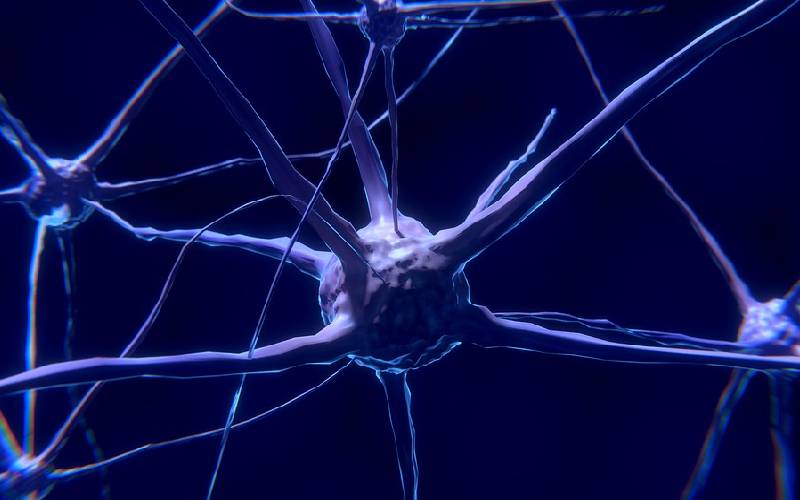×
The Standard e-Paper
Kenya’s Boldest Voice

Life was going great for King Muriuki. His career and family were thriving; and he could not have asked for more out of life. He led a pretty active lifestyle; played basketball and rode motorbikes, and for a man in his 30s, he was as fit as a fiddle. This was until one day, in 2019, when his otherwise strong body began to show some cracks.